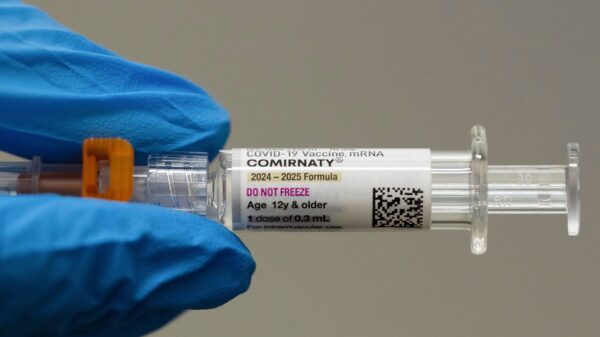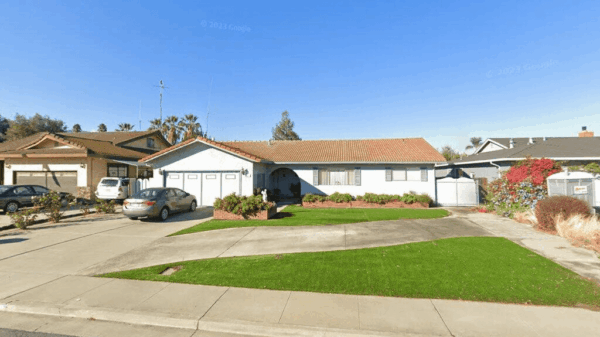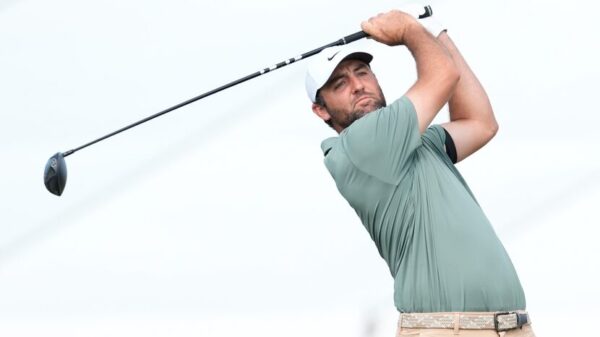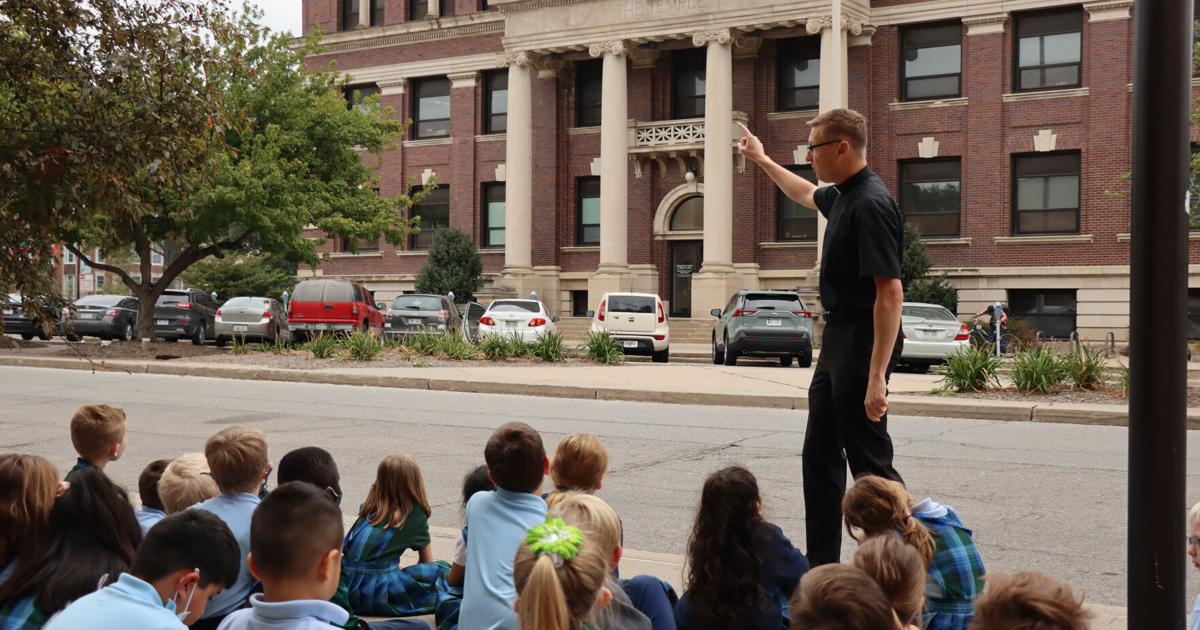More than 500 participants will converge in Lincoln, Nebraska, for the Institute for Catholic Liberal Education’s national conference, running from March 5 to March 8, 2024. This sold-out event will bring together bishops, educators, and clergy from 149 educational organizations across the United States, all united in their commitment to promoting Catholic liberal education.
Bishop James Conley, a key speaker at the conference, will emphasize the vital role of this educational approach. He draws a parallel between the intricate world of honeybees and the profound purpose of education. “Entomology can lift us up to just wonder, marvel at a little creature, like a bee,” Conley remarked, reflecting on his long-standing interest in beekeeping that began during his college years at the University of Kansas.
The conference will be held at the Lincoln Cornhusker Marriott Hotel and the Newman Center at the University of Nebraska-Lincoln. As the Institute for Catholic Liberal Education continues to gain traction, Conley noted the growing enthusiasm for this pedagogical philosophy. “This organization has been growing every year, with more interest and enthusiasm,” he stated.
Supporters of Catholic liberal education argue that it fosters the “cultivation of faith and reason for full human flourishing.” This approach, they say, has guided many influential figures in the church, including St. Augustine, St. Thomas Aquinas, and Pope Benedict XVI. Conley believes the focus on liberal education is about rediscovering the essence of Catholic teachings. He said, “It’s getting back to our roots, getting back to the heart and soul of Catholic education and a renewal of the liberal arts, which is where it all began.”
The Diocese of Lincoln first implemented a Catholic liberal education curriculum in 2022 at St. Teresa Catholic School. Since then, additional schools in the diocese have adopted this educational model. The curriculum immerses students in the Age of Antiquity, where they explore Ancient Greece and Rome, delve into literary fairy tales, and learn about early church history. They also study significant figures like King Arthur and the saints of the medieval period while tracing the development of Western Civilization from the Middle Ages to the Renaissance.
In this educational framework, subjects like Latin, sacred art, and ancient architecture are integrated with experiential learning that connects students to the natural world. Conley emphasizes that the goal is to develop the whole person—mind, body, and soul—rather than simply focusing on test scores. “Catholic education has, at least in modern times, been very much a pragmatic approach—career-oriented, preparing people for the workforce, as opposed to forming the heart and mind to virtue and to truth, goodness, and beauty,” he explained.
As the conference unfolds, discussions will center on how to continue reviving the principles of Catholic liberal education, ensuring that it remains relevant and effective in shaping the minds and hearts of future generations.





































































